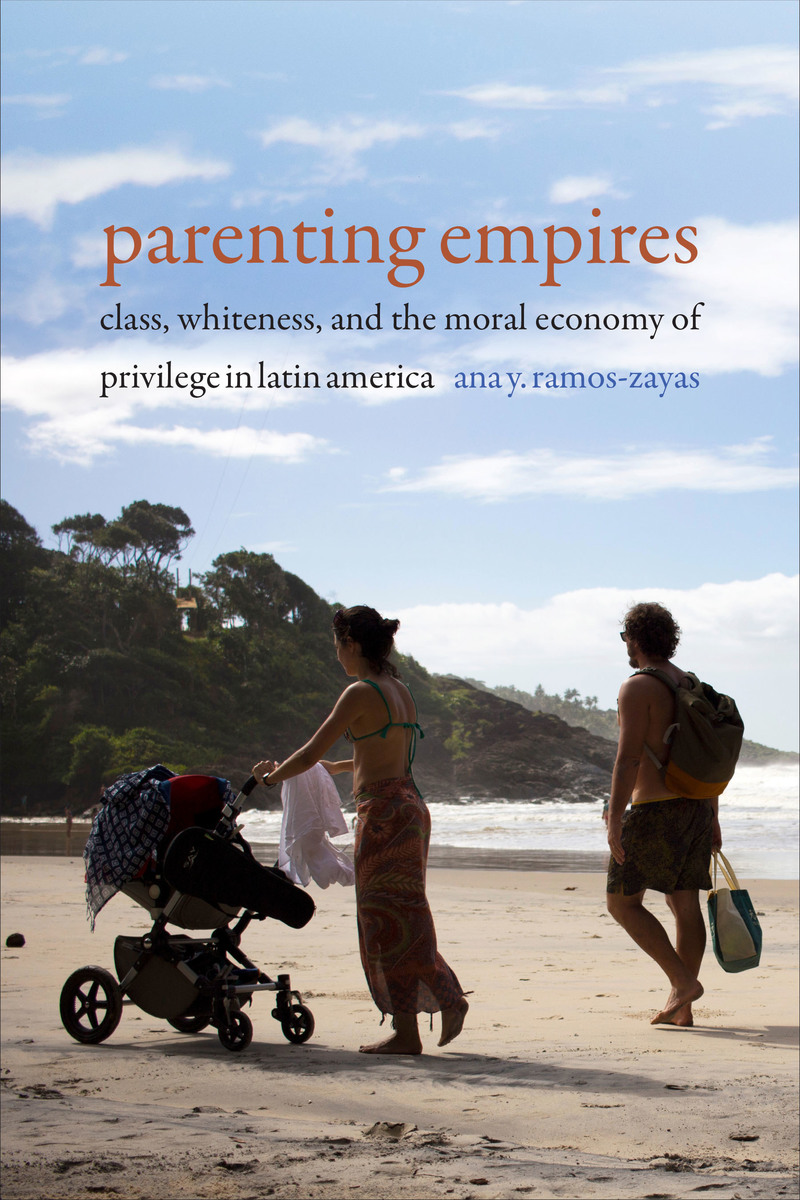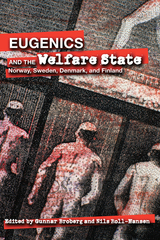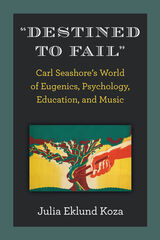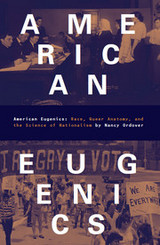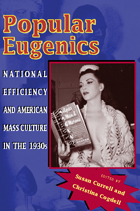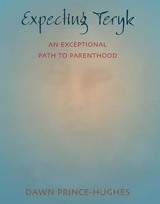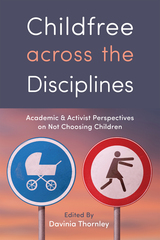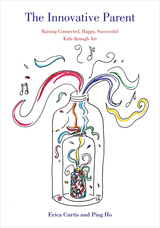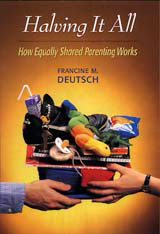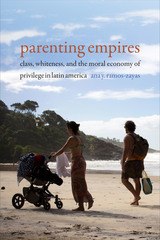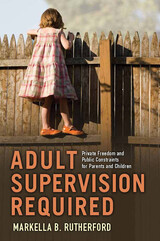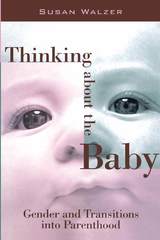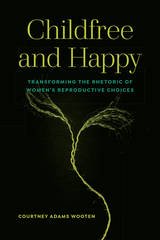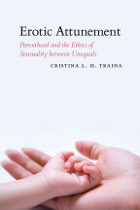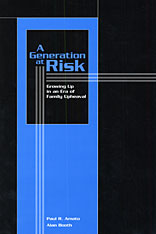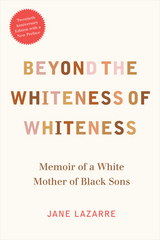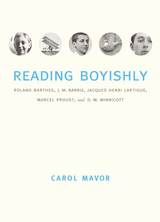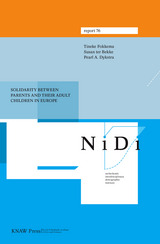Parenting Empires: Class, Whiteness, and the Moral Economy of Privilege in Latin America
Duke University Press, 2020
eISBN: 978-1-4780-0925-2 | Paper: 978-1-4780-0821-7 | Cloth: 978-1-4780-0774-6
Library of Congress Classification HQ755.8.R355 2020
See other books on: Class | Elite (Social sciences) | Parenting | Puerto Rico | Whites
See other titles from Duke University Press
eISBN: 978-1-4780-0925-2 | Paper: 978-1-4780-0821-7 | Cloth: 978-1-4780-0774-6
Library of Congress Classification HQ755.8.R355 2020
ABOUT THIS BOOK | AUTHOR BIOGRAPHY | REVIEWS | TOC | REQUEST ACCESSIBLE FILE
ABOUT THIS BOOK
In Parenting Empires, Ana Y. Ramos-Zayas focuses on the parenting practices of Latin American urban elites to analyze how everyday experiences of whiteness, privilege, and inequality reinforce national and hemispheric idioms of anti-corruption and austerity. Ramos-Zayas shows that for upper-class residents in the affluent neighborhoods of Ipanema (Rio de Janeiro) and El Condado (San Juan), parenting is particularly effective in providing moral grounding for neoliberal projects that disadvantage the overwhelmingly poor and racialized people who care for and teach their children. Wealthy parents in Ipanema and El Condado cultivate a liberal cosmopolitanism by living in multicultural city neighborhoods rather than gated suburban communities. Yet as Ramos-Zayas reveals, their parenting strategies, which stress spirituality, empathy, and equality, allow them to preserve and reproduce their white privilege. Defining this moral economy as “parenting empires,” she sheds light on how child-rearing practices permit urban elites in the Global South to sustain and profit from entrenched social and racial hierarchies.
See other books on: Class | Elite (Social sciences) | Parenting | Puerto Rico | Whites
See other titles from Duke University Press
